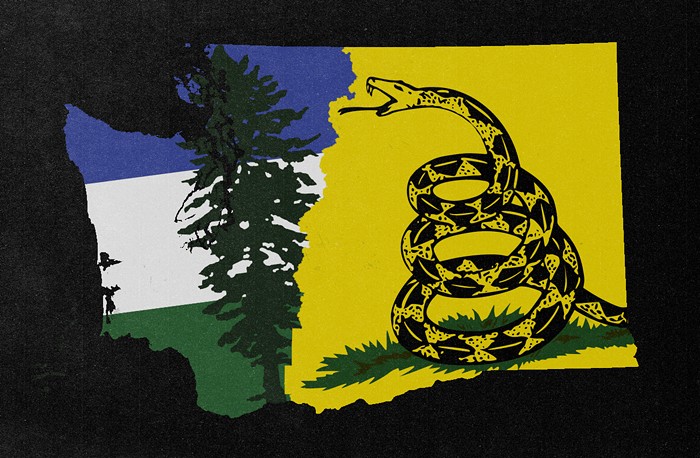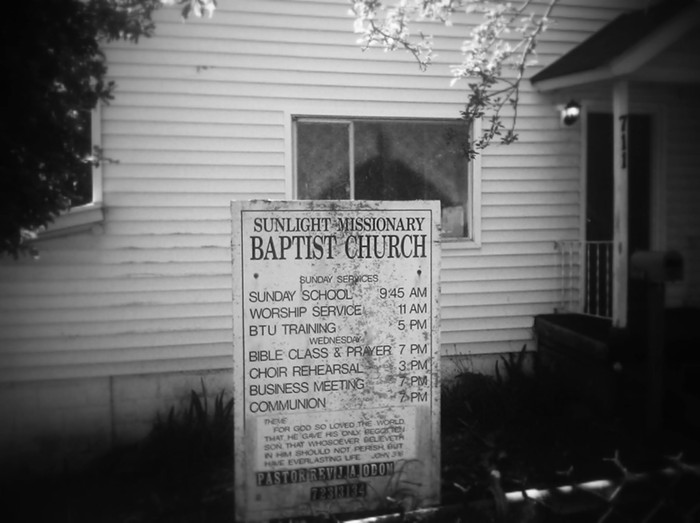
In case you needed any more evidence that US Attorney General Jefferson Beauregard Sessions III—a man who was too racist to be appointed to a federal judgeship back in 1986 by a Republican-led committee—sees his post as a way of preserving the ideology of white supremacy at all levels of law enforcement, please review the following comment he made to a room full of sheriffs:
"The office of Sheriff is a critical part of the Anglo-American heritage of law enforcement. We must never erode this historic office" : Attorney General Jeff Sessions speaking at the National Sheriff's Association winter conference in DC. @vicenews pic.twitter.com/gPS6AbkS30
— Tess Owen (@misstessowen) February 12, 2018
CNN and everybody else notes that Sessions went off-book to insert the phrase "Anglo-American" into the speech, as his remark differs from the text he was supposed to read.
Quoting a spokesman from the Justice Department, the Hill provides this context:
As most law students learn in the first week of their first year, Anglo-American law – also known as the common law – is a shared legal heritage between England and America. The sheriff is unique to that shared legal heritage. Before reporters sloppily imply nefarious meaning behind the term, we would suggest that they read any number of the Supreme Court opinions that use the term. Or they could simply put ‘Anglo-American law’ into Google.
While it's true that Sessions seems to be referring to the "legal heritage" we share with England, it's also true that Sessions has a long history of dog-whistling, one that extends at least as far back as 1985, when he prosecuted African American activists for "voter fraud," a case he said he'd pursue again if he had to, according to the New York Times. That the phrase "Anglo-American" would spring to the fore of Sessions's mind before the simpler phrase "common law" would is no surprise, but it's worth mentioning all the same.
In any case, now seems like a good time to remind ourselves that police departments in America were organized at the behest of shipping merchants in the north and slave owners in the south. In the March 2017 issue of TIME, Olivia B. Waxman offers up a concise history. Of particular interest to this Sessions story:
In the South, however, the economics that drove the creation of police forces were centered not on the protection of shipping interests but on the preservation of the slavery system. Some of the primary policing institutions there were the slave patrols tasked with chasing down runaways and preventing slave revolts, Potter says; the first formal slave patrol had been created in the Carolina colonies in 1704. During the Civil War, the military became the primary form of law enforcement in the South, but during Reconstruction, many local sheriffs functioned in a way analogous to the earlier slave patrols, enforcing segregation and the disenfranchisement of freed slaves.
Considering his year as head of the DOJ, there's no doubt that particular heritage of shire guardianship was swimming around in that globular head of his.















